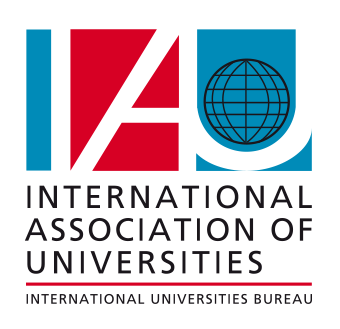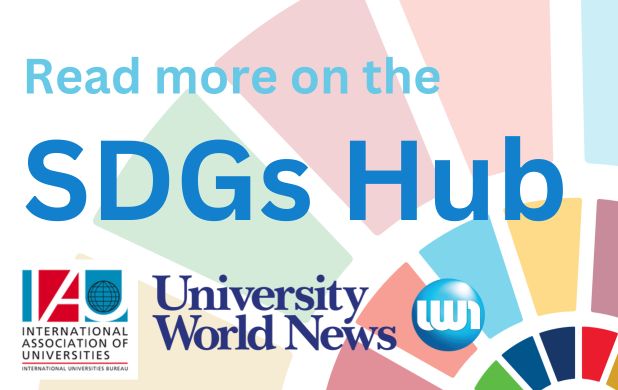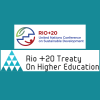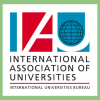
The United Nations University (UNU) is a global think tank and postgraduate teaching organization headquartered in Japan. The mission of the UNU is to contribute, through collaborative research and education, to efforts to resolve the pressing global problems of human survival, development and welfare that are the concern of the United Nations, its Peoples and Member States.
UNU Institute
for the Advanced Study of Sustainability (UNU-IAS)
The UNU-IAS is a leading research and teaching institute based in Tokyo, Japan. Its mission is to advance efforts towards a more sustainable future, through policy-oriented research and capacity development focused on sustainability and its social, economic and environmental dimensions. UNU-IAS serves the international community, making valuable and innovative contributions to high-level policymaking and debates within the UN system.
UNU-IAS is one of 13 institutes and programmes which together comprise the UNU.
Contacts
For more information, please visit http://ias.unu.edu/en/ or contact rceservicecentre@unu.edu
UNU-IAS Education
for Sustainable Development (ESD) Programme
Regional Centre of Expertise (RCE) on ESD
An RCE is a multi-stakeholder network of existing institutions and individuals, committed to using education and learning as tools for building a sustainable future. RCEs are ideally positioned to translate global sustainable development policy and vision into local realities and undertake actions that are sensitive to contexts from local to global levels. IAU is an active partner of RCEs.
For more information: http://www.rce-network.org/
Promotion of Sustainability in Postgraduate Education
and Research Network (ProSPER.Net)
ProSPER.Net is a network of 34 higher education institutions as of July 2015 in the Asia-Pacific region as of December 2014, all of which are committed to working together to integrate sustainable development into postgraduate courses and curricula, through a series of activities involving research and capacity building.







